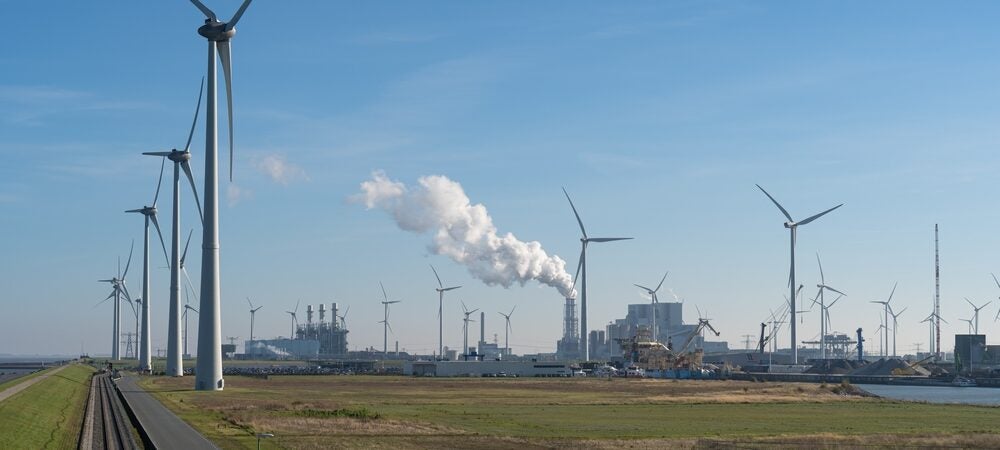The very real threat posed by climate change is no longer in doubt. Research suggests that even a 1C increase in average temperature across the globe will have large projected economic impacts – concentrated in areas of the world where most of the global population lives. Other estimates show that, over the past 20 years, the Vulnerable Twenty (V20) Group of Finance Ministers of the Climate Vulnerable Forum, a dedicated coalition of 68 member countries that are systemically vulnerable to climate change, have lost out on 20 percent of their growth potential as a result of the negative physical impacts of climate change.
In response, national governments are taking large-scale action to combat climate change through emissions reductions and efforts to shift to a low-carbon economy. New initiatives at the International Monetary Fund (IMF) and the World Bank are underway to incorporate climate considerations in their financing arrangements. There is increasing pressure among World Trade Organization (WTO) members to reform the trade regime to align with climate commitments, and the European Union (EU) and the Organisation for Economic Cooperation and Development (OECD) are undergoing similar efforts to align their investment treaty commitments with global climate goals.
Nevertheless, existing policy and financing action at the national and international level is far from sufficient to limit global warming. Experts agree that substantial investment and subsequent economic growth for most of the world will be needed to meet climate goals, as well as the UN 2030 Sustainable Development Goals, with predictions pointing to at least $1 trillion per year needed in domestic financing from emerging markets and developing countries (EMDEs) by 2025. Moreover, domestic financing alone is still not sufficient, as researchers have estimated an additional $1 trillion per year needed in external finance by 2030 – from developed country pledges, development banks and private lenders and investors
The current calculations around climate finance demonstrate a pathway forward, a necessary (though not sufficient) condition for a successful global response to climate change. Where countries can mobilize the necessary amount of financing ($1 trillion per year), and it is accompanied by additional necessary policy shifts toward a low-carbon future, the possibility arises that countries could “decouple” their economic growth from increased emissions. In other words, countries may be able to shift the composition of their planned policies and investment for economic growth such that they meet the dual purpose of development and accomplishing a clean energy transition.
The same countries for whom sustainable long-term growth will rely on this “decoupling” effect are also the most vulnerable to climate change impacts and the most exposed to economic impacts of climate policy in high-income countries. On the other hand, they also have the most room to grow in the new, low-carbon global economy. Developing countries are keen to not be left behind in the green industrial revolution and are already taking steps toward a low-carbon transition and a net zero economy.
A major obstacle that many of these countries face, however, are the international trade and investment rules embodied in the WTO agreements, as well as hundreds of free trade agreements (FTAs) and thousands of international investment agreements (IIAs). Although intended to encourage and promote increased flows of trade and investment, which often drive economic growth, they also constrain policymakers in their use of policy tools to harness trade and investment for strategic growth. Specifically, these rules make it harder for countries to build up upstream and downstream industries through local content requirements, or to prioritize diffusion of essential climate technologies through changes to domestic intellectual property laws.
In November 2022, the Boston University Global Development Policy Center hosted a workshop to develop a research agenda for evaluating the progress and addressing the pitfalls of ensuring the trade and investment regime is compatible with achieving global climate goals and development. Drawing from presentations and discussions among experts in trade and climate at the workshop, this policy brief reflects three major conclusions:
- The global green industrial revolution requires a new, inclusive framework for economic change, focused on building capacity sustainably for developing countries.
- To combat climate change, the world needs rapid, diverse and experimental climate action by all nations, regardless of development or income level, that aligns with principles of climate justice to protect against negative spillovers.
- A key component of the climate action required is a reformed trade and investment regime that removes obstacles to climate action and facilitates economic restructuring toward a low-carbon economy.
To read the full summary as it was originally published by Boston University Global Development Policy Center, click here.
To read the full policy brief, click here.

